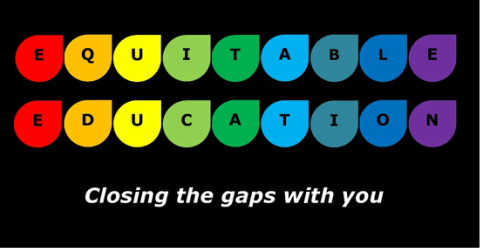I had the privilege of attending a pre-session workshop with Sir Ken Robinson along with other colleagues, before he delivered his talk on changing education paradigms in Leeds a couple of years ago. Whilst what he had to say really resonated with me then, I find it even more pertinent to reflect on today, with the overemphasis on the Ebacc, continued pressures of standardisation in examinations and changes to the curriculum which narrow the options available to pupils on an unprecedented level. It seems that children and young people are increasling in danger of being forced to digest an education that is antiquated and not relevant to the present, let alone the future needs of a global society. Instead of enabling more young people to enjoy their schooling and prepare for a future world of work, which no one knows will look like, we are in danger of continually going back to to the past and alienating more who do not fall into the "academic" category and thereby adding to the numbers who will constantly be deemed in need of catching up with their peers!
The positive side of the matter is that I am continually heartened by the large number of committed and passionate Heads, Senior Leaders, Teachers and staff who on an everyday basis ensure that the number of pupils who could be in danger of falling behind are engaged in purposeful and enjoyable learning and through their efforts are not "switched off" from education! I hope all you dedicated colleagues enjoy watching this stimulating Sir Ken Robinson video, with amazing drawings by the RSA as much as I have.

 RSS Feed
RSS Feed
